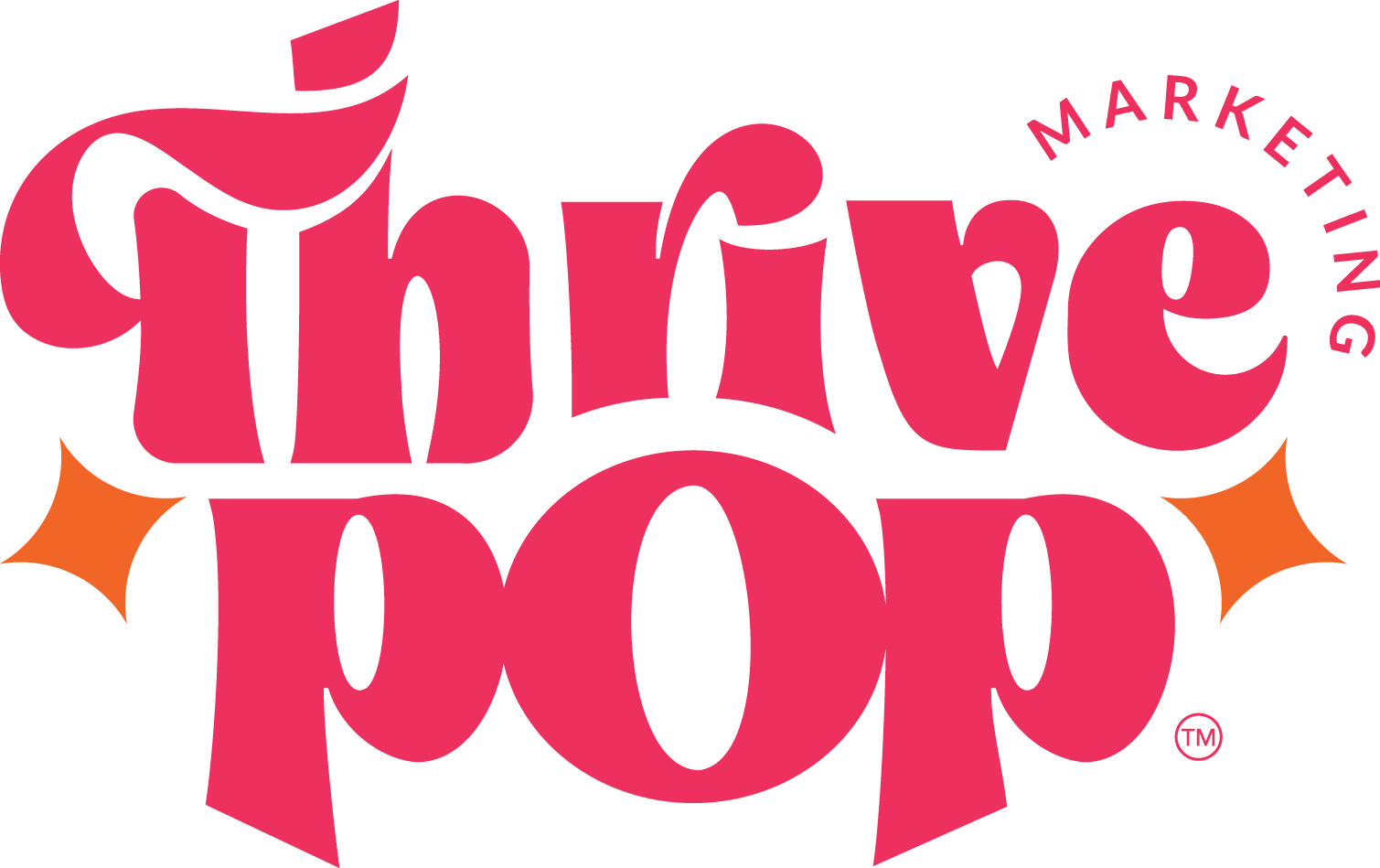Running a business and keeping track of clients can feel like you are juggling flaming swords. Between remembering who emailed you last week, what stage your leads are in, and wondering if you ever circled back, it can be overwhelming.
Cue the CRM: your business’s new best friend.

What is a CRM?
We marketers love our acronyms, so let’s break it down:
A CRM, or Customer Relationship Management, is a platform that helps you manage your contacts, track sales, streamline communication, and keep your customer experience accurate.
Think of it more like a super-organized, never-forgets-anything assistant who keeps tabs on every customer conversation, deal, and follow-up, without breaking a sweat.
A good CRM helps you:
- Organize Contacts: Store detailed info about customers, including notes, preferences, and purchase history.
- Track Sales Pipelines: See exactly where each deal stands and what actions are needed to close.
- Automate Tasks: Set reminders, schedule follow-ups, and send emails without manual input.
- Improve Customer Service: Access complete histories so your team can offer faster, more personalized support.
- Generate Reports: Analyze data to understand performance trends and make smarter decisions.
Why You Need One
Still running your customer info out of a spreadsheet, sticky notes, or 17 different email folders? It’s time for an upgrade. That patchwork system isn’t just messy, and it’s costing you time, energy, and missed opportunities.
Here’s why a CRM changes the game:
Save time: No more digging for that one email or chasing down client notes.
Close more deals: Nurture leads more effectively and follow up without dropping the ball.
You’ll keep customers happier. Personalized, timely service creates loyalty, and loyal customers stick around.
Scale with confidence. As your team grows, a CRM ensures everyone is aligned and nothing slips through the cracks.
Many CRMs offer helpful tools, but they aren’t a complete solution on their own. Without the right strategy and integration, even the best platforms can become just another silo. Below are some top CRM picks based on different goals and industries:
Salesforce
Best for: Enterprise-level companies or complex sales organizations
Why it’s great:
- Highly customizable with powerful features for large teams
- Scalable and flexible integrations
- Strong analytics and forecasting tools
Monday Sales CRM
Best for: Teams already using Monday.com or looking for project + sales alignment
Why it’s great:
- Highly customizable with great visual dashboards
- Combines project management and CRM functions
- Good for cross-functional collaboration
Zoho CRM
Best for: Small to mid-sized businesses looking for flexibility on a budget
Why it’s great:
- Affordable and full-featured
- AI tools, automation, and omnichannel communication
- Integrates well with other Zoho apps
CRMs aren’t just for large sales teams. Whether you’re a one-woman show, a growing startup, or an established brand, the right CRM used effectively can transform how you work
P.S. We dive deeper into how CRM fits into modern marketing in our blog: Why the HubSpot Platform Is a Must for Modern Marketing Teams
Growing Teams Can’t Scale Without Them
As your team expands, so does the chaos. Sticky notes and memory-based systems? They don’t scale.
A CRM gives your team one central hub to track leads, manage contacts, and collaborate in real-time. Everyone knows who followed up, what’s working, and what needs attention. That alignment is key to scaling smoothly without the mess.
If growth is on your radar, a CRM needs to be on your list.

What to Look for in a CRM and What to Avoid
Finding the right CRM is like picking a business partner. Get it right and everything flows perfectly; get it wrong, and you might be adding more chaos than solving the problem. Here’s what to look for and what to run from:
What to Look for:
- Ease of Use: Clean interface, minimal training time, and intuitive features.
- Integration Capabilities: Works with your existing tools like email, marketing platforms, calendars, and more.
- Scalability: Grows with you as your business and team expand.
What to Avoid
- Hidden Costs: Watch out for unclear pricing, limited “free” versions, and expensive feature upgrades.
- Overcomplication: Too many features = too much stress. Don’t get lost in a system that needs a full-time admin to manage.
- Weak Support: No one has time for bad customer service. Look for platforms with great documentation and actual humans available to help.
Why HubSpot is a Great Choice
There’s a reason so many modern teams love HubSpot. It’s more than just a CRM, it’s a full ecosystem built for marketing, sales, service, content, and operations. With tools that work together under one login, your team can stay focused on strategy rather than switching between disconnected systems.
Some of our favorite features:
- Automatic tracking: Email opens, form fills, page visits, it logs everything.
- Powerful automation: Build workflows, lead-nurturing sequences, and follow-ups with ease.
- Scales with you: Whether you’re just starting or already growing fast, HubSpot adapts.
Oh, and did we mention the core CRM is completely free to start with? Yup.
Why Work with a Partner, like ThrivePOP?
I’m so glad you asked.
As a Platinum HubSpot Partner Agency, we specialize in helping you set up, tailor, and maximize your HubSpot portal to ensure you get the full value of your investment. Whether it’s onboarding, data migration, campaign automation, or building custom reporting dashboards, we’re here to guide and support your team every step of the way.
Let’s chat about your goals and how we can help your team thrive with a CRM that actually makes your life easier. Book a Call with Us!







Leave a Reply